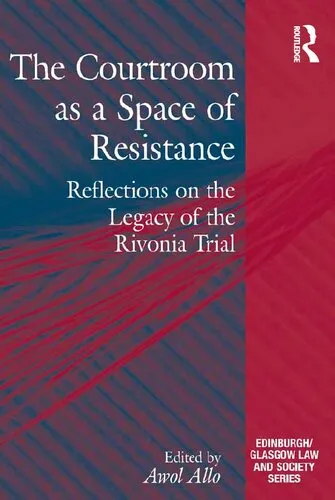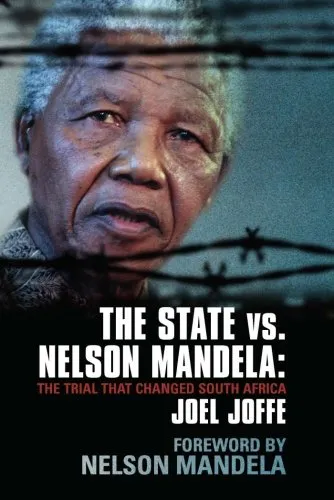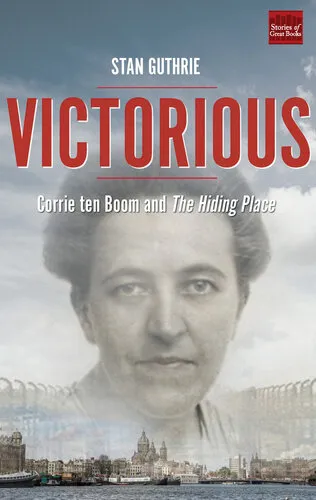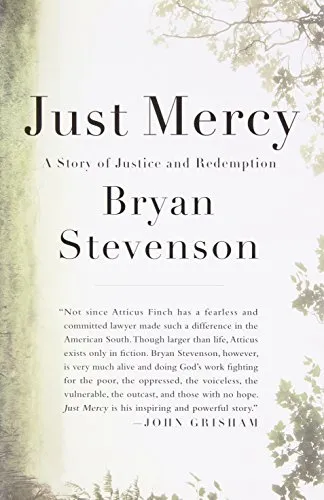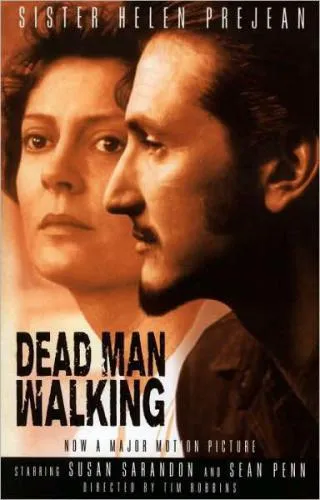The Courtroom as a Space of Resistance: Reflections on the Legacy of the Rivonia Trial
4.3
Reviews from our users

You Can Ask your questions from this book's AI after Login
Each download or ask from book AI costs 2 points. To earn more free points, please visit the Points Guide Page and complete some valuable actions.Related Refrences:
The Rivonia Trial, an emblematic event in the history of South Africa, represents a pivotal moment where the courtroom transformed from a space of subjugation to one of resistance. In "The Courtroom as a Space of Resistance: Reflections on the Legacy of the Rivonia Trial," the contours of this historic trial are examined with an eye towards its enduring legacy in the fight against apartheid and broader struggles for justice.
Detailed Summary of the Book
This book delves into the remarkable manner in which the defendants of the Rivonia Trial, including prominent figures like Nelson Mandela, navigated the oppressive structures of a skewed judicial system to shift the narrative from one of mere legal defense to a greater advocacy for human rights. By declaring the courtroom a site of opposition, the defendants harnessed their trial as a global platform to condemn apartheid, enunciate their democratic vision for South Africa, and inspire future generations of activists.
Through meticulous analysis, the book traces the strategic choices made by the accused, offering a nuanced understanding of how they used the trial as a mechanism of political expression. It sketches the intricate dance of power and resistance, where the defendants, at immense personal risk, chose to challenge rather than conform to the judicial process replete with pre-determined verdicts. The work not only chronicles the historical proceedings but also explores the philosophical and legal implications of the Rivonia Trial, arguing that such acts of resistance redefined the potential of legal spaces in combatting systemic injustice.
Key Takeaways
- The Rivonia Trial turned the courtroom into a platform for resistance, rewriting its role from that of subjugation to empowerment.
- Mandela and his co-defendants harnessed the trial to speak globally on human rights, challenging the legitimacy of the apartheid state.
- The trial highlights the complex interplay between legal spaces and political agendas, emphasizing the potential of law as a tool for resistance.
- The enduring legacy of the Rivonia Trial lies in its demonstration of the power of narrative control within judicial settings to effect substantial political change.
Famous Quotes from the Book
"In the hands of its most astute operators, the courtroom becomes not just a site of adjudication, but a stage from which to challenge injustice and culpability."
"The Rivonia defendants did not seek mercy from their oppressors, but rather to indict a system that denied humanity to millions."
Why This Book Matters
Understanding the Rivonia Trial through this lens is essential for comprehending not only South Africa's past but also the universal dynamics of state power and civic resistance. The book shines a light on the transformative capacity of legal advocacy and strategic litigation in oppressive regimes. By revisiting this landmark trial, readers gain insight into the tools available for contemporary struggles against systemic inequality and authoritarianism.
In a world where legal institutions and practitioners often grapple with their roles in perpetuating or dismantling inequality, "The Courtroom as a Space of Resistance" offers a compelling narrative on the possibilities of legal systems as instruments of resistance rather than repression. Its relevance extends beyond historians and legal scholars, reaching activists, human rights advocates, and anyone interested in the perpetual battle for justice and equality.
Free Direct Download
You Can Download this book after Login
Accessing books through legal platforms and public libraries not only supports the rights of authors and publishers but also contributes to the sustainability of reading culture. Before downloading, please take a moment to consider these options.
Find this book on other platforms:
WorldCat helps you find books in libraries worldwide.
See ratings, reviews, and discussions on Goodreads.
Find and buy rare or used books on AbeBooks.
